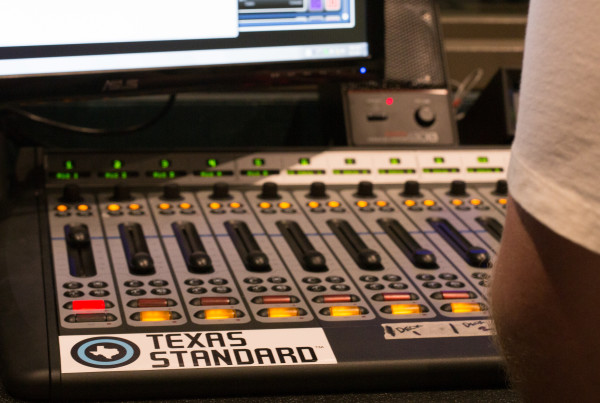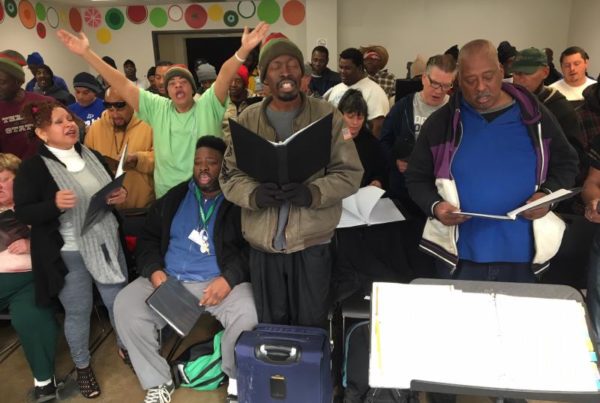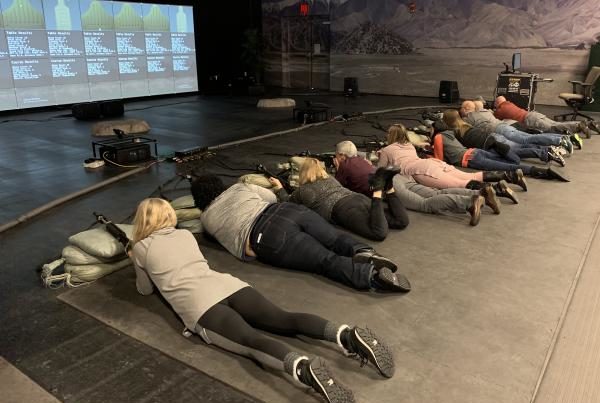Civil forfeiture has been described as Dickensian, Kafkaesque and legal highway robbery. This week, the Supreme Court ruled that states must curb the practice of seizing assets belonging to people arrested by police.
In the East Texas town of Tenaha, one notoriously flagrant civil forfeiture involved police stopping out-of-town drivers on flimsy pretexts, searching their cars for anything of value – cellphones, DVD players, cash – and confiscating the property, without charging anyone with a crime. The seized assets were sold to buy new equipment and pay bonuses for police.
But Tenaha is not an outlier. According to the Texas Tribune, in 2017 alone, Texas law enforcement agencies and prosecutors padded their accounts by more than $50 million, seizing trucks and cars, jewelry and cash – anything they could claim was linked to a crime. The burden of showing it wasn’t connected to a crime fell to the original property owner.
The Supreme Court’s unanimous ruling came in the case of a small-time drug offender whose $42,000 Land Rover was seized by police. He had purchased the car with proceeds from his father’s life insurance policy, not with money from selling drugs.
Lynne Rambo, professor of law at the Texas A&M University School of Law, says the court’s ruling didn’t specifically say the plaintiff could get his car back, but it “entered a judgment that is markedly in favor of the idea that he could get it back,” Rambo says.
The decision applies the Eighth Amendment’s prohibition against excessive fines to states. It has previously been applied only to the federal government, though all states already have excessive-fine provisions of their own.
“[The decision] expands Supreme Court law, which applies the excessive-fines clause to forfeiture provisions to states now,” Rambo says. “So they have to start paying attention to whether their civil forfeiture provisions can be considered excessive fines.”
A report from the Texas attorney general’s office says that in 11 Texas counties between 2011 and 2013, police departments used funds raised through civil forfeiture to buy over $41 million worth of equipment, and pay for $20 million in salaries and overtime and $6 million on facility costs. Rambo says the Supreme Court’s ruling doesn’t put a stop to all forfeitures, or the spending of money raised for police purposes.
“The issue now will be for every civil forfeiture, whether or not that forfeiture is punitive in nature. And if it’s at all punitive, there will have to be a proportionality analysis with respect to the forfeiture,” Rambo says.
Property owners will still need to prove their property was seized improperly. Rambo says the Eighth Amendment to the Constitution doesn’t provide protection; it will be up to state legislatures to address that issue.
Written by Shelly Brisbin.
Note: A previous version of this post stated that civil forfeiture applies to people convicted of crimes. Those who are arrested by police have been subject to forfeiture, even if not convicted.
















